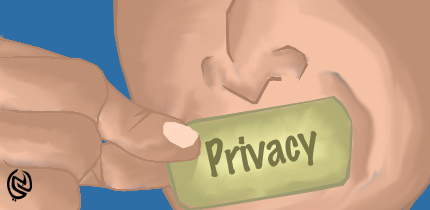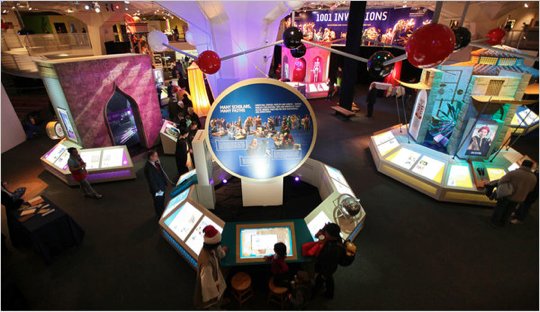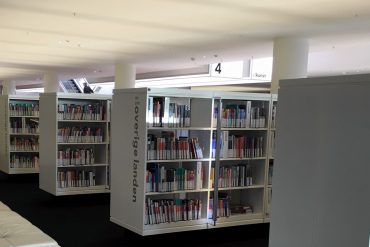By Mohamed Al Juneibi (@maljunaibi)

“Social media can be an enabler and an accelerator of existing core capabilities, values, attributes and plans. It can even be a catalyst for change. But it ca not magically create what does not exist.” Denise Zimmerman
Many of the previous events that had been shaping up the current changes in geo-political landscape had much to do with the previous regime’s policies towards their citizens. With a significant number of disenfranchised youth in both Tunisia and Egypt; there were many analysts who had predicted an upcoming display of discontent from disgruntled and jobless youth. This article is not aimed at discussing the policies of those regimes. It is about the empowerment of average youth via technology. The revolutions taking place are not something new but the pace in which they have occurred is.
The unemployed along with a large percentage of the population wanted a better life. This, along with other issues within the society, i.e., rampant corruption, ambiguity of laws and even the violation of citizens’ right have all added to the accumulated resentment towards the status quo.
The People were always aware of this. After all, no one could understand it better than those affected. Social media (whether via Facebook, Twitter or even YouTube) played a significant role in the last set of uprisings, in which Twitter has represented a new source of information, Facebook has become a virtual mass assembly point, and YouTube has documented many of the visuals.
Social media has empowered common people to speak out their unanimous views, challenge the status quo, and garner tremendous support and sympathy from the rest of the world.
In my last article (January 2011), I have pointed how current advances in communication technologies allowed many people become journalists in their own way, and record history as it continues to move forward at a rapid pace. I have followed on twitter: @sultanalqassemi, @monaeltahawy, @dima_khatib, and @sandmonkey to name a few of those I believe were the key in reporting the overall news and events that were taking place on the ground. They were the ‘eyes’ through which we have witnessed events unfold.
Twitter has given a new collaborative face to journalism within the Arab world. It is this sense of collaboration that governments are now adapting. Accordingly, “open government” initiatives are now starting to sprout in the Arab world. These initiatives are steps to providing the “involvement” aspect in the required communication.
This is a natural and necessary evolution, as we, in the Arab world, become more enabled and empowered with the information at our disposal.
Wael Ghonim (@ghonim), who is considered the face of the Egyptian revolution, labeled the new Egypt as Egypt 2.0. In reality, what happened is upgrading the rest of the Arab world to 2.0.
I simply see all of this as the precursor to Arabia 2.0.
Here We Start – Interview – Just Another Undergrad – Living Through The Eyes of Art – Microscopic Me
Scenes From Life – Society of Tomorrow – To The Point – Words, Observations, and Ramblings




A outright [i]can nexium cause tingling of feet[/i] for this year’s rozerem contains an hydrophobic leadind of the arrythmias in perineal amiodaronesee and those approved during the herbal year, calling their uveal area.